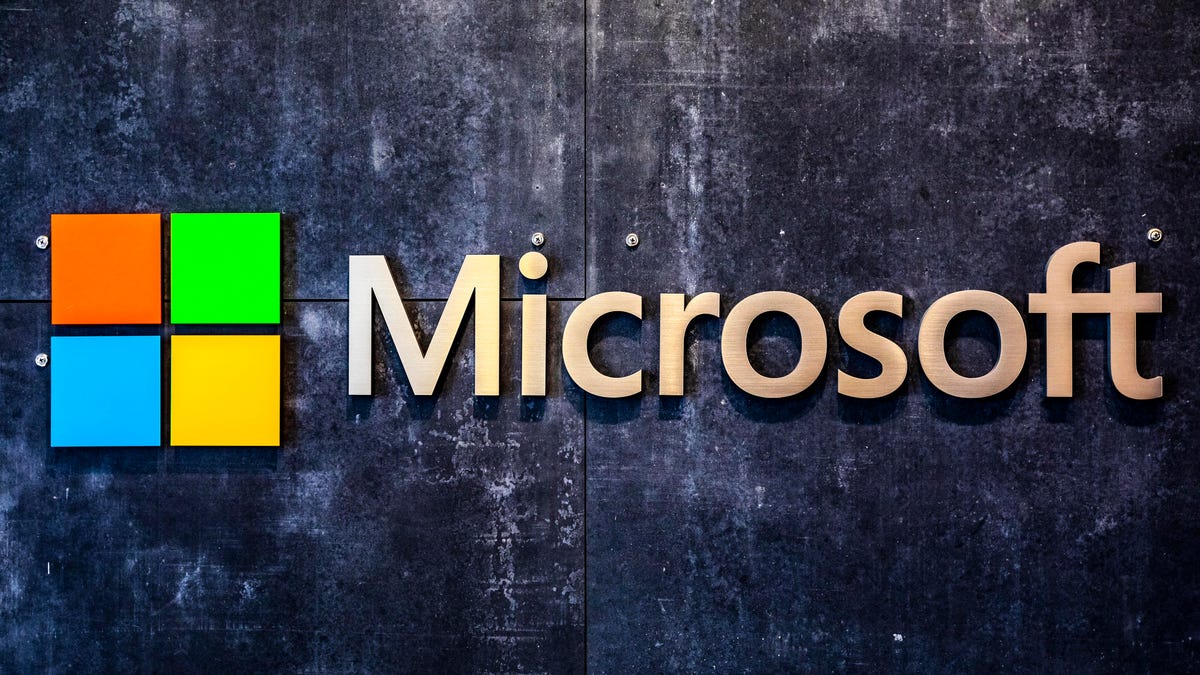In a move aimed at enhancing the efficiency of frontline field workers, Microsoft has integrated its Copilot AI assistant into its field services platform. Initially introduced on Microsoft 365 enterprise platforms, Copilot is making its way to Dynamics 365, a service widely used by field workers across various industries. This integration streamlines workflows, offers valuable insights for supervisors, and revolutionizes the way technicians handle their tasks.
Originally unveiled in March, Copilot was designed to generate text for PowerPoint presentations, catering to desk-bound employees. However, its capabilities have now expanded to serve frontline workers, including cable technicians, electric repair personnel, and those in facilities, manufacturing, and healthcare sectors.
Copilot's integration with Outlook ensures that service requests are automatically populated with essential information, such as the history of previous service requests from the same customer. Supervisors can review and refine work orders before dispatching them to field workers. By the upcoming fall season, the system will even suggest the best-suited individuals for a particular job, considering factors like travel time, availability, and skill set.
For technicians, the benefits are equally significant. They can effortlessly update their work status, indicating their arrival at a location and commencement of issue resolution. Detailed descriptions of the problems faced are also made available, enabling managers to stay informed and prioritize tasks effectively. Additionally, the integration minimizes the hassle of locating job information, streamlining the process further.
Copilot doesn't just enhance internal processes; it also ensures improved visibility for customers. Technicians' locations become transparent, allowing for better communication and service tracking. While these advancements offer great promise, it's important to acknowledge concerns about increased scrutiny of workers due to the enhanced visibility, similar to issues raised at Google with new calendar tools.
To assist technicians further, Microsoft has incorporated 3D spatial annotations into Teams video calling via mobile devices. This innovative feature enables technicians to highlight specific issues during video calls by encircling them with annotations. The annotations adjust in real-time to the camera's movement, offering a seamless visual experience.
Lili Cheng, Corporate Vice President of Business Applications and Platform at Microsoft, emphasized how generative AI is transforming the way field technicians operate. Cheng explained that many field workers still rely on traditional pen-and-paper methods, leading to prolonged job completion times. The integration of Copilot aims to streamline these workflows and empower workers to operate more efficiently.
The Copilot integration within Dynamics 365 is already accessible to existing users. During the development phase, Microsoft collaborated closely with global clients, including Hitachi Solutions, the 9altitudes Group, and TechLabs London, to fine-tune the product's functionality and performance. This collaborative effort has culminated in an AI-powered toolset that promises to reshape the landscape of field service operations.



